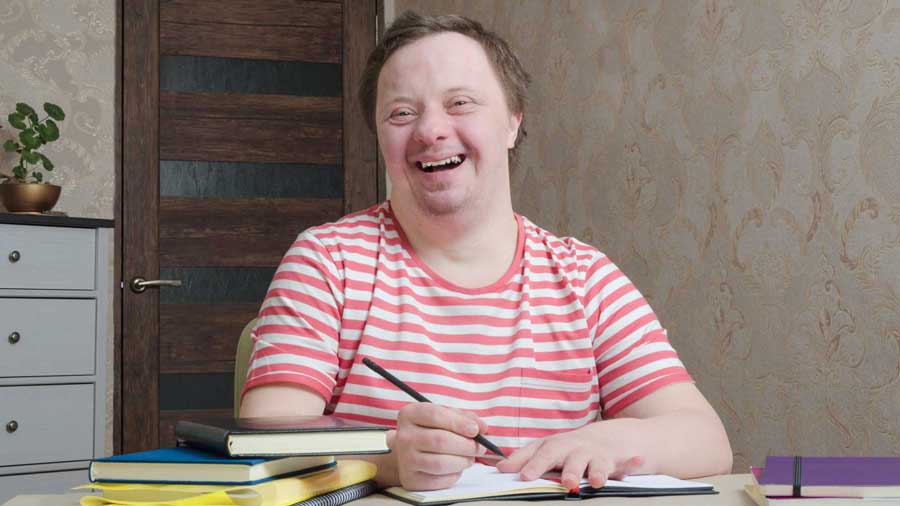Beyond diversity
Key steps to delivering a racially diverse and equal charity sector

GOVERNANCE
Image: Istock

Kunle Olulode
Director, Voice4Change England
We live in a time when concerns relating to racial diversity and equality permeate the social and commercial discourse. Many institutions are looking to create their own programme of development to address these issues. They seek to do this in the best interests of the organisation and its service users. Hopefully not as a tokenistic, politically correct gesture, but as a genuine and meaningful move forward to diversify the make-up of their organisation in line with broader strategic objectives.
There is no doubt that Britain as a society is increasingly at ease with itself in matters of race, gender, disability, and sexual orientation. This is the general direction of travel, despite the naysayers and the doubters. British society remains one of the most progressive on race policy in Europe. The EU’s 2019 survey in terms of experiences of racism, indicated that the UK had the lowest levels of racial harassment of any major European state. However, that does not mean we should be complacent with the status quo – there is still much work to be done.
Starting from a low base
We should also note when making such comparisons that we are starting from quite a low base. Problems of racial bias persist in recruitment and new points of contact between the charity sector and wider society generally need to be built if we are to go forward with more confidence in tackling these issues head on.
More fundamentally there is no doubting that the impact of George Floyd’s death in the USA and the subsequent global protests sent a shockwave through British society. Across the world a re-evaluation of racial equality policies has begun.
“Racism is a significant and unresolved issue in the charity sector, just as it is in the rest of society.”
Undoing racism and delivering real diversity
Diversity policies are now a major priority across the third sector. The ability to ‘demonstrate diversity’ is central to all charity funding bodies and organisations. What are the key aspects to consider?
In 2020, at the height of the COVID-19 pandemic, Voice4Change England and ACEVO released Home Truths: Undoing racism and delivering real diversity in the charity sector. Primarily the report considers the under-representation of Black, Asian and Ethnic Minority people working in the charity sector.
It is a report that, long before the summer protests in relation to George Floyd, sought to reframe the ‘diversity’ debate. It argues that racism is a significant and unresolved issue in the charity sector, just as it is in the rest of society.
The research focuses on the experiences and expertise of more than 500 people working in the sector. Its key findings include:
- 68% of respondents said that they had experienced, witnessed or heard stories about racism
- 50% of respondents felt that they needed to ‘tone down’ behaviour or to be on their ‘best behaviour’ in order to fit in in the charity sector
- 30% of respondents had been treated as an intellectual inferior
- Of those respondents who had experienced or witnessed racism, 74% said senior staff within their organisations had played a significant part
Source: Voice4Change England and ACEVO, Home Truths: Undoing racism and delivering real diverstiy in the charity sector
These grim stats should be balanced against the positive response the report received from a significant number of charities and foundations. There is an appetite for progress and this research is intended to provide a supportive framework for those who want real change.
Listen to a special edition of the ACEVO podcast which was produced to accompany the report Home Truths: Undoing racism and delivering real diversity in the charity sector.
Where to begin?
The report lays out steps both to further open up the charity sector to Black, Asian and Minority Ethnic people, and to re-orientate our sector towards building a racially just society.
It is not about pointing fingers, but understanding more objectively the complexity of the issues at stake and the overlap with other areas of inequality today.
There are roughly 15 recommendations put forward in the report, which you can read at your leisure. I would make four points to anyone looking to develop programmes in this area:
01
Scope out the remit of the changes you want to make, understanding how these are likely to benefit the organisation.
02
Outline a course of action for change, that at the same time enables the organisation to be comfortable in its own skin.
03
Think about how it is possible to achieve organic development through soft targets, as well as through hard target-led changes.
04
Give yourself a timeline of 3–5 years for a programme of development to see sustainable change.
Grasping the nettle of racism and discrimination at work is not easy. But we in the third sector must do this if we are to learn the lessons of George Floyd’s death and effect lasting change.


